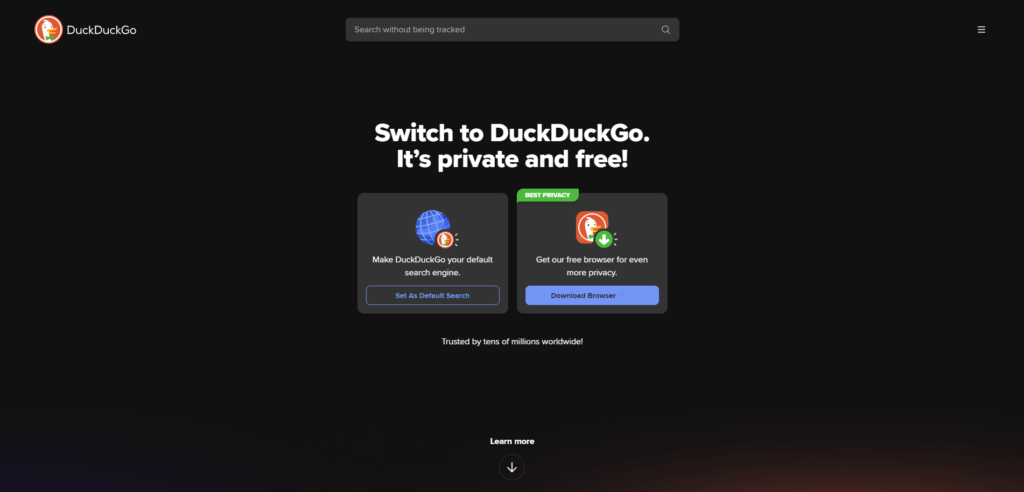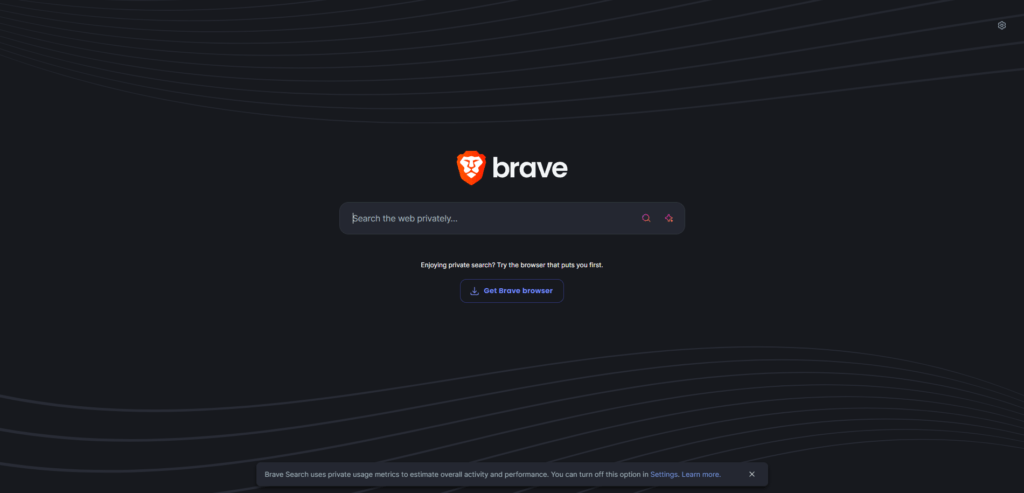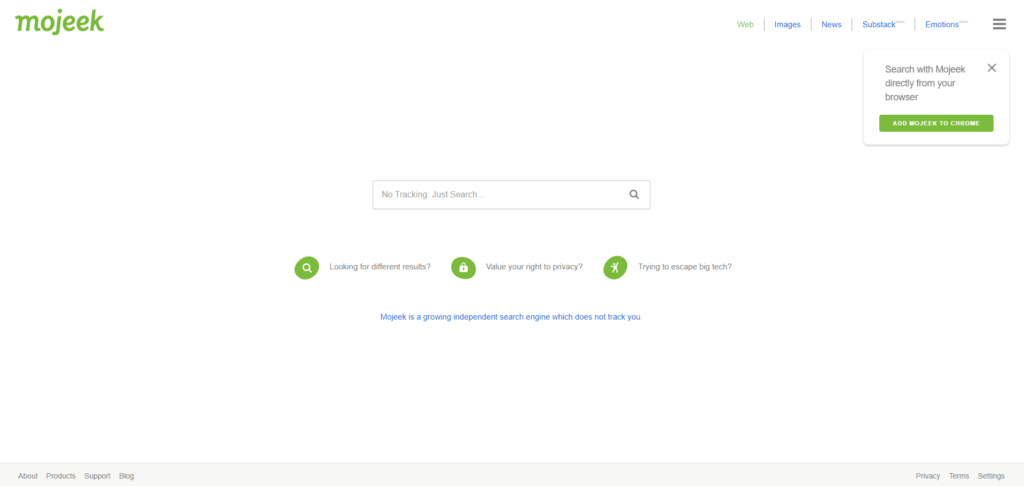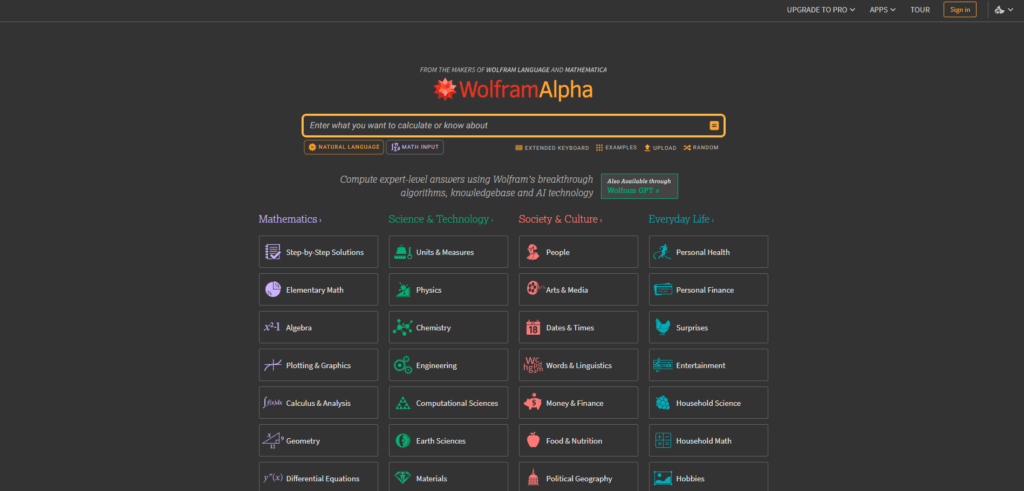
Google has steadily become more powerful over time, wielding immense power over its power over the internet and reaching into every corner of life online. Google tracks your devices: Chrome browser history, smartphone browsing activity and any web pages visited are tracked by it.
At the same time, Google exerts tremendous influence over what people publish online and has created an entire SEO industry around its requirements; any webpage not complying will likely languish in obscurity. Users and publishers were generally willing to overlook Google’s privacy concerns and search rankings so long as users were getting to where they wanted. At first, it seemed like an equitable deal; now however, as search results degrade and AI Overviews encourage people to consume glue as search results fail them.
If you’re feeling fatigued by Google or simply curious to explore other search engines, no judgment here; we have done the hard work of compiling a comprehensive list of its alternatives just for you – explore what makes each unique as we go along! You might find some you have never heard of or some that surprise you more than expected; so let’s dive right in to help complete your quest for an improved internet search engine!
DuckDuckGo is an excellent option for users concerned about privacy who seek an alternative search experience than Google Search

DuckDuckGo users often like to proclaim the virtues of their search engine as advocates for it. Telling others it doesn’t track you like Google and Microsoft do, that it blocks tracking scripts, and only serves ads based on your current search query. All this may be true according to DuckDuckGo. But how effective is it as an overall search engine that finds relevant content online? Quite well indeed! Not only does DuckDuckGo search appear to surface high quality results consistently but its fast and unobtrusive interface make searching less time-consuming than Google.
DuckDuckGo is now offering an AI chatbot. But what sets it apart is its privacy-focused strategy when it comes to web searches. DuckDuckGo claims it won’t log or use chats for training; however, its ChatGPT and Claude models indicate someone’s data may have been harvested to enable the AI’s functioning – perhaps not even yours!
Kagi offers a subscription-based alternative to Google Maps

After exploring all the popular search engines and still feeling that your experience wasn’t upheld by them, perhaps it’s time to acknowledge what you pay for and embrace Kagi as a subscription-based search engine with its unique value proposition: instead of monetising free search with ads that degrade results, Kagi takes your money up front so it can provide truly unbiased searches – plus it even allows a free trial period before asking you for $5 a month for its basic version.
Kagi now provides AI answers similar to Google, yet their summaries are user initiated, making the experience less intrusive. Their Lenses feature allows you to search only certain indexes such as Fediverse or Usenet; and you have a range of other search engines you can select if Kagi results don’t meet your expectations; part of its model because when paying for Kagi itself you are already paying to service ads which means there is no competition among search engines for traffic that passes through its systems.
Bing offers ChatGPT search functionality (and its search functionality is really very good)

Bing may be unfamiliar to you, and perhaps its name alone has dissuaded you from giving it another look. But with Google encouraging its users to consume glue (its AI Overviews informed one user of adding glue to pizza to help the cheese stick better), perhaps now is the time for Microsoft’s search engine to prove itself again.
Those who love artificial intelligence (AI) will appreciate Bing’s free access to premium GPT models like its GPT-4 powered Deep Search feature. Also nice about it: Bing integrates its AI features into a side panel so traditional web results remain at the center, making the AI features less intrusive than with some engines.
Bing can be overrun with distractions on its homepage. Such as Microsoft Rewards and spammy news feeds from Microsoft; even the “Bing homepage quiz,” which tests you on geography facts based on daily background images; most of it can be turned off through settings but shouldn’t even exist initially; that is Bing in a nutshell: some useful features buried among all that clutter; but nonetheless remains an acceptable search engine option if Google no longer works for you.
Brave Search is another privacy-oriented alternative to Google search

Brave Search provides another privacy-oriented alternative to Google Search. Built around its flagship product – Brave Browser, built on Chromium technology that also prioritizes privacy. Recently, it launched its own customized search engine which it claims has an index built entirely from scratch.
Brave Search offers privacy-first search functionality but, like its competitors, includes an AI search summary feature. Just like Google, it will default to showing AI answers at the top of each search result page – though disabling these AI results requires multiple clicks into settings; many would probably appreciate having at least some control over whether or not they will encounter potentially incorrect AI answers every time they browse online – making having that option accessible right from search results may have been more preferable.
Brave differs from Google in that it claims not to track your searches, device information, or any other personal details. It does collect anonymous usage metrics unless you opt out and uses anonymized data to provide location-based results; both features require further exploration in settings to disable. Overall, it seems like an excellent alternative search experience than Google for those seeking privacy in search.
Mojeek is another Google alternative dedicated to protecting privacy

Mojeek is another search engine with an emphasis on user privacy. Like Brave Search and DuckDuckGo, Mojeek claims not to track users; searches relying solely on its index; MojeekBot serves as its web crawler; while the company claims they use their own proprietary ranking algorithm that should help distinguish results from Google or Bing.
Mojeek offers an AI summary feature, but seems more hesitant about adopting it than other services. In a blog post, Mojeek stated, “We support open web and have concerns with current AI trends.” Additionally, they include back links within each AI summary for robots.txt respecting robots.txt respecting and the LLM as an algorithm source rather than preassembling datasets with backlinks included as the source material.
Mojeek offers numerous settings that are specific to independent writers’ searches. Like being able to switch over to Substack-only search results or adjust how many news results to display at once – perfect for those wanting more or fewer items surfacing! Overall, it provides an intelligent Google alternative solution.
Wolfram Alpha is an intelligent mathematical solution

Wolfram Alpha is not technically a search engine; rather it describes itself as a computational knowledge engine. That’s because rather than searching the web directly for answers and calculations. Wolfram Alpha refers users directly to its Wolfram Knowledgebase database containing structured knowledge in multiple disciplines from math to history and beyond. While you won’t find traditional web results here, Wolfram Alpha’s database should serve as your go-to solution if you need assistance solving an algebra problem or are researching chemical composition of an item.
Wolfram Alpha features two modes, natural language inputs and mathematical inputs. You can enter generalized questions here while mathematical problems requiring specific formulas or special characters are entered here. Although Wolfram has been around for some time now. Its relevance still outshines newer technologies such as large language model AIs like Bing’s Copilot or Google Gemini due to their tendency for hallucinations. When bots give inaccurate or confusing answers that confuse users further – unlike these technologies.
On the downside, Wolfram Alpha doesn’t support natural language input as effectively as AI does. Meaning your query needs to be very precise in order for it to work efficiently. Usually by using proper nouns and precise terminology for anything other than mathematics. But as an alternative search engine it remains hard to beat Wolfram Alpha when searching general knowledge topics.
Thanks for Reading this article for more information please visit. www.techychunk.com
Q&A
What are some alternatives to Google Search?
Some alternatives include Bing, DuckDuckGo, Ecosia, Yahoo!, Startpage, and Qwant.
Why should I consider using Bing?
Bing offers robust search results, rewards programs, and integration with Microsoft services.
What makes DuckDuckGo a good alternative?
DuckDuckGo focuses on privacy, not tracking your search history or personal data.
How does Ecosia differ from other search engines?
Ecosia uses its ad revenue to plant trees, making it an eco-friendly choice.
Is Yahoo! still a viable search engine?
Yes, Yahoo! provides comprehensive news, finance, and sports information along with search results.
What is unique about Startpage?
Startpage combines Google’s search results with enhanced privacy features, ensuring anonymity.
Why should I try Qwant?
Qwant emphasizes privacy and offers a clean, ad-free search experience without tracking users.




